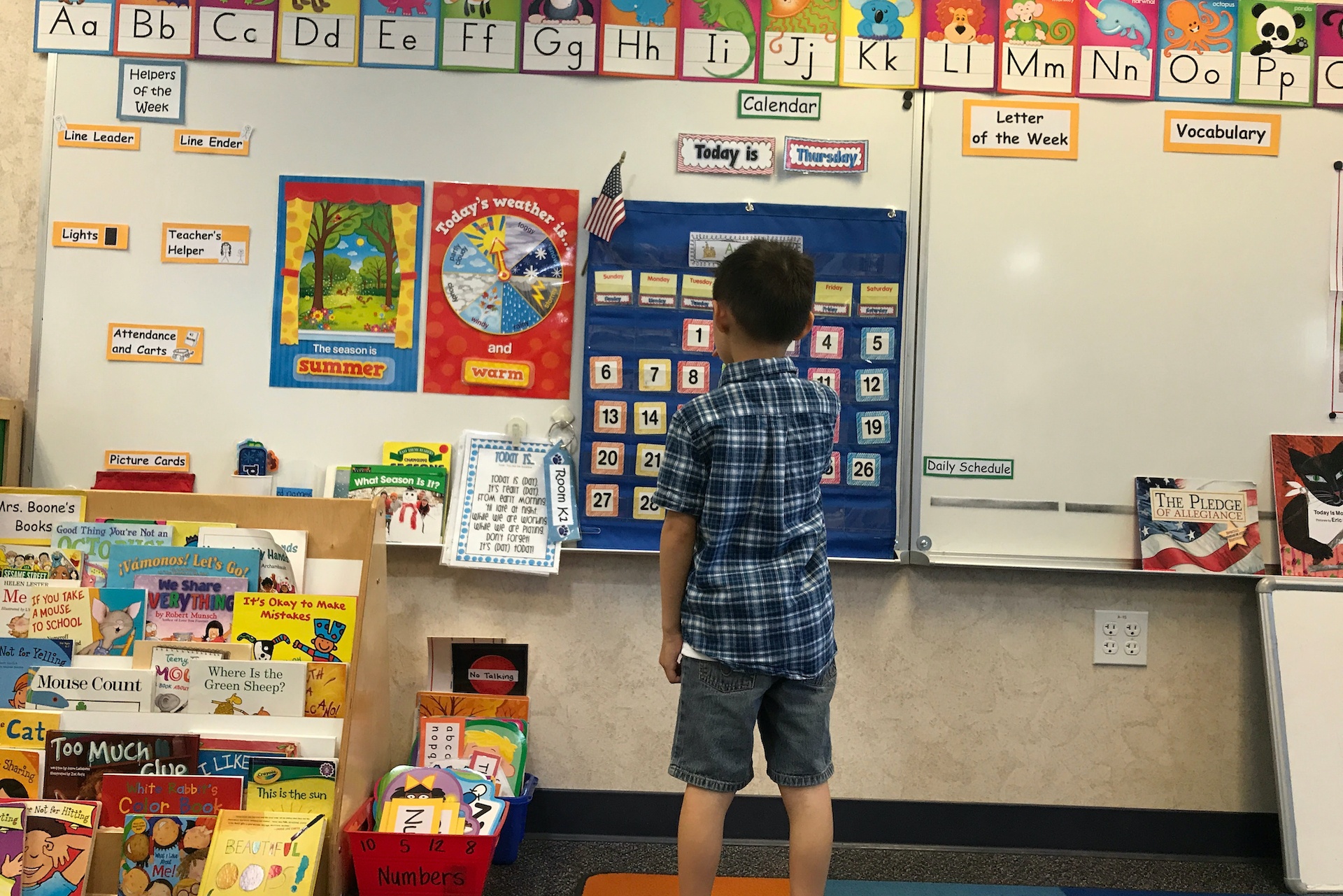What should we do with new education funds?

The state of Mississippi spends about $2.5 billion on K-12 education (before local and federal funding). As part of various COVID-related funds, the state is set to receive an additional $2.63 billion in federal funds for education.
Now that we have the funds, the question turns to what we should do to reach students who have fallen behind during the pandemic, and how do we make sure money is not just wasted on frivolous items that don’t positively impact school children.
We share some thoughts below:
One area is virtual schooling. In the spring of 2020, all students, and at various points last year depending on your local district, many students, received their schooling online. For the most part, that wasn’t a good experience and generally received negative reviews from children and families. A big part of that reason is because the state has little in the way of virtual school infrastructure.
Mississippi has a small virtual system in place, but the state has never put the resources into place to build it out. This has promise, both to be prepared for potential future events that might shut down schools again, and because some students learn better in a remote setting. This includes students in parts of the state where it is hard to find specific teachers. With a virtual option, students would be able to pick specific fields and find teachers that allow them to pursue their goals. No longer would they be held back by what a small or rural district can provide. This technology is out there and readily accessible.
Beyond that, we should also recognize that not every school district is the right fit for every kid, and we could ease this problem by making it easier to transfer to another school district. Currently, a student needs permission from both the sending and receiving district before a request would be approved. A better system would allow students to transfer to any district based on the number of “open” seats that district has. If there are more requests than open seats, a lottery could be instituted as it is in many states.
But funding is an issue. Local funding, on average, makes up about a third of the funds for each student in Mississippi and does not follow a student when they transfer. As part of the recovery funds, the state could agree to cover the gap in funding for students that switch by providing their local funds to the new district.
Regardless of the final decision on funds, it is vitally important they are targeted and directed at students.
